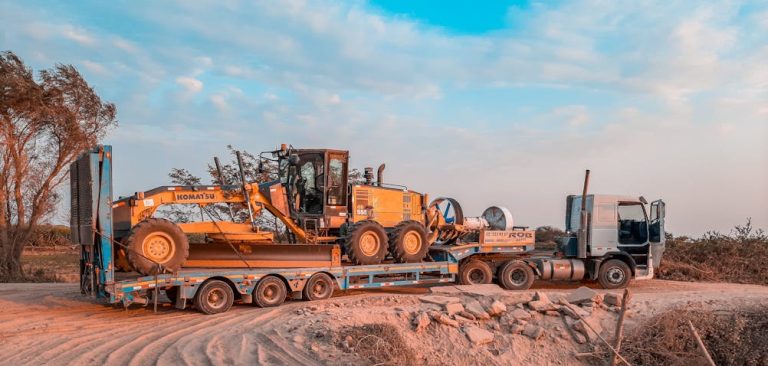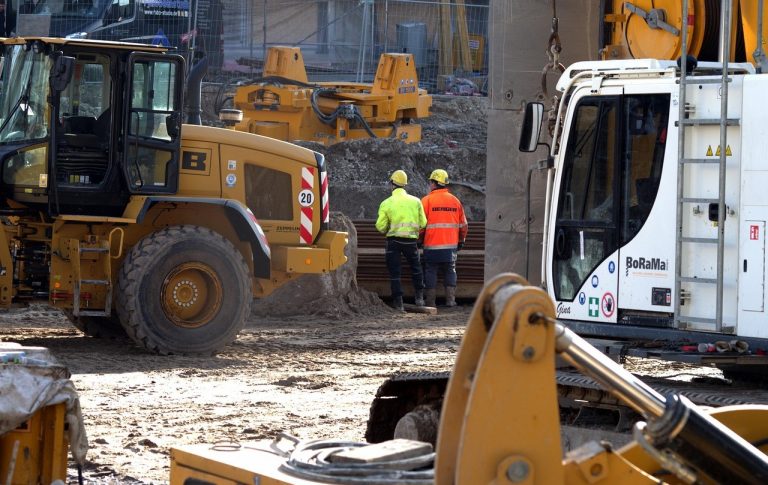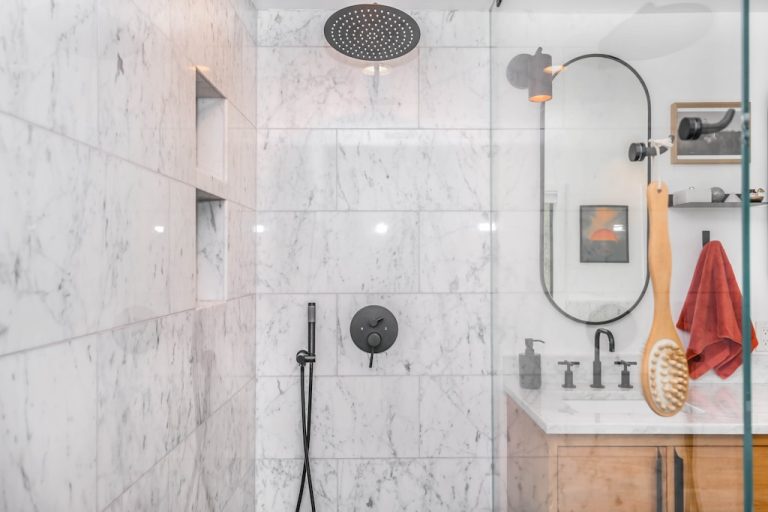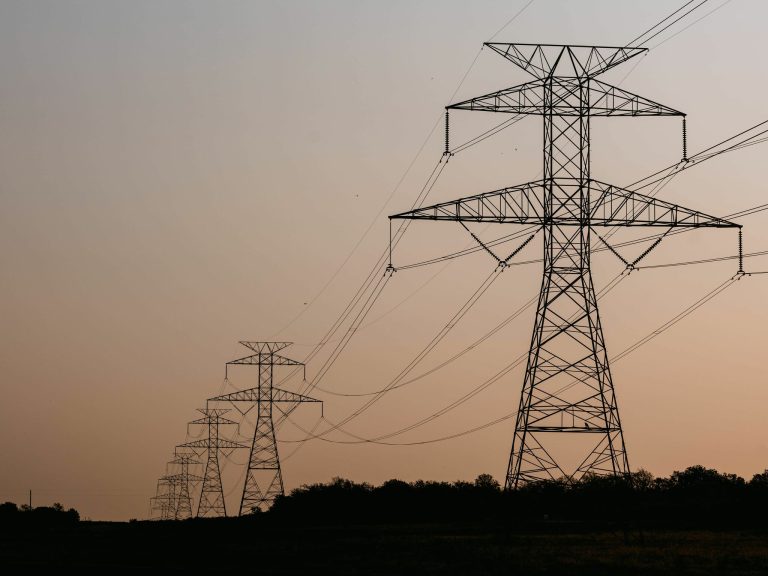When the power goes out in Texas, it can shut down more than just lights. From home air conditioning to business operations, you depend on electricity every minute of the day. With Texas’s unique grid setup and unpredictable weather, having a plan for what to do in an emergency is essential. The Growing Need for Emergency Power in Texas The Electric Reliability Council of Texas (ERCOT) oversees the state’s independent power grid. However, while Texas can regulate its own electrical market, it cannot get power from nearby states when the grid is under stress. The consequences were evident during Winter Storm Uri in 2021, when power plants and gas supply froze, and millions lost heat and electricity for days. In the years since, extreme summer heat has created its own strain as record demand pushes the grid close to its limits during peak afternoons and evenings. The weather is just one factor. Outages can happen due to aging infrastructure, equipment failures and line damage. Demand is also rising fast as data centers, industrial facilities and population growth increase electricity use. The U.S. Energy Information Administration projected that national retail electricity sales to end users could rise about 2.2% per year in 2025 and 2026, after averaging only 0.8% growth from 2020 to 2024. The agency attributes much of this increase to rapid demand growth in the ERCOT region, where usage is expected to rise by roughly 11% across 2025 and 2026. A study ranks Texas second in the U.S. for summer outage risk based on events affecting more than 5,000 customers from 2019 to 2023. Over that period, the state had 7,164 summer outages, and the highest total hours without power per year at around 35,440 hours on average. For homeowners, losing power can quickly lead to health and safety issues when cooling or heating is unavailable. Medications can spoil and security systems can go offline. For businesses, every hour of downtime can mean lost revenue, damaged inventory and disruptions to operations. What to Look For in an Emergency Power Company You need a partner that understands your needs and can respond when it matters most. Start by thinking about your usage needs. Some companies only want a piece of equipment, such as a standby generator for an industrial facility, and have internal staff manage everything else. Many homeowners and small businesses prefer a full-service provider that handles assessment, sizing, installation, permits, fuel setup and long-term maintenance. If you’re thinking of renting for outages, confirm that the provider has a structured deployment process in place. Look for companies that already work with established manufacturers and provide equipment that meets current standards and codes. Local presence also matters. Providers with service teams in the area know more about the hazards of bad weather, what permits are necessary and how to ensure compliance. They can also reach you more quickly for service calls, fuel issues or emergency repairs. Those that regularly service residential, commercial and industrial clients tend to have a broad view of load profiles and critical systems. 7 Best Providers for Emergency Power Solutions in Texas Seven companies stand out in terms of their strong Texas network, range of services and brand reputation. This list includes providers covering homes, businesses and large industrial or utility customers. 1. Sunbelt Solomon Sunbelt Solomon is a major electrical equipment and services provider, focusing on transformers and power distribution gear. It specializes in new and reconditioned equipment and offers field services, rentals and repairs. With multiple locations and service territories that include Texas, it helps utilities, industrial plants and large commercial facilities keep power systems running. Its teams support everything from planned upgrades to immediate replacements. For emergency power, Sunbelt Solomon offers transformers for transmission and distribution voltages, substation-class switchgear, circuit breakers and related control equipment. These components are central to restoring service when utilities need temporary capacity. It also offers short-term and long-term power equipment rentals, plus field testing, repair and installation support. The company stands out because it functions as a single point of contact for complex emergency power solutions. Instead of coordinating with several vendors, you can work with a single partner that understands the entire system. This model is especially useful for clients who cannot afford extended outages. 2. Generac Generac is one of the most recognized names in home and light commercial standby generators. It is widely used in Texas neighborhoods and supplies smaller commercial systems suited for offices, small retailers and similar sites. Its products are designed to be approachable to homeowners while still providing dependable automatic backup during outages. The company offers automatic home standby generators that connect to your natural gas or propane line, starting automatically when grid power fails. It also makes portable generators for smaller loads or temporary use. Many models can be tracked through the Mobile Link remote monitoring platform, which lets you and your service provider check the generator’s status through an app or web portal. Generac’s main advantage for homeowners is familiarity and support infrastructure. There is a large network of authorized dealers and installers throughout Texas trained to size, install and maintain these systems. 3. Cummins Cummins is a global power technology company best known for its diesel engines and generator sets. It provides backup and prime power systems, ranging from residential units to large industrial plants, including systems made for critical infrastructure. Its generators are commonly used in hospitals, manufacturing plants, data centers and other facilities that require high reliability. Cummins manufactures diesel and gas-filled standby generators for residential, commercial, and industrial sites. For larger customers, it offers integrated power systems that include generator sets, automatic transfer switches, switchgear, advanced load management and paralleling controls. Durability and continuous-duty performance are its core strengths. Many businesses choose it when a power interruption is unacceptable, especially in mission-critical environments. Its global network also supports complex projects, such as multi-megawatt installations for industrial or institutional campuses. 4. Power Field Services Power Field Services is a Texas-based company that focuses on generator














